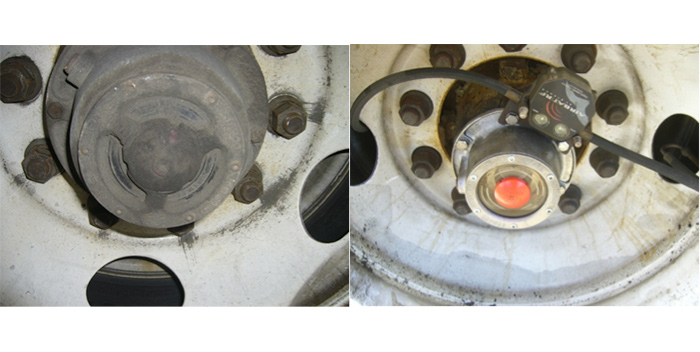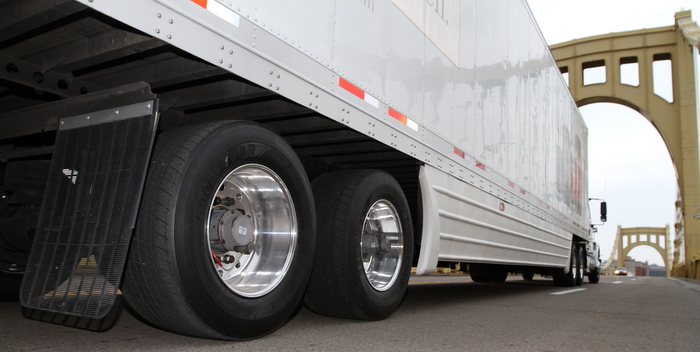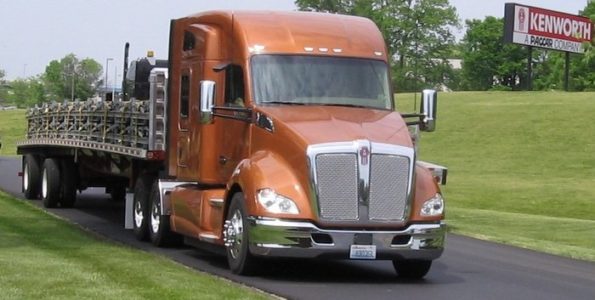The search for viable fuel options and new truck technology to lessen dependency on diesel fuel is a global concern. In comments made last month at the IAA exhibition in Hanover, Germany, Andreas Renschler, member of the board of management of Daimler AG, talked about issues that affect commercial vehicle transportation worldwide. He stressed that commercial vehicles need to provide maximum fuel efficiency with minimal emissions.
“Diesel fuel is becoming almost a luxury item these days, and we’re working to conserve it,” said Renschler. “If we aim for comprehensive measures to cut fuel consumption and emissions, all relevant parties must be involved. This is not about finger-pointing. But political leaders, the oil industry, the haulers, operators and, last but not least, the drivers themselves must all do their part to help strike a balance between the requirements for mobility and environmental protection. No matter how fuel-thrifty a vehicle is, the driver is also immensely important: an anticipatory driving style can reduce CO2 emissions and fuel consumption by around 10%.
“In addition, we need the support of the fuel and energy industry to provide the necessary alternative fuels. Hydrogen, for instance, is the most plentiful element in the universe. But unless our customers find a comprehensive hydrogen infrastructure, the fuel cell technology cannot be competitive. Similar cooperation and support is required to enhance the development and availability of biofuels and CNG.
“However, the most important lever to push our efforts in terms of ‘green transportation’ is political support. We need the governments as allies, not opponents of the commercial vehicle industry.“
In this country, Daimler Trucks of North America markets the hybrid Freightliner Business Class M2e, and the Sterling Set Back 113 NG truck. Daimler AG and its Japanese affiliate, Mitsubishi Fuso, recently opened a new global hybrid truck development center in Kawasaki, Japan, which will be a worldwide center for developing hybrid systems for commercial vehicles. While Daimler and Mitsubishi Fuso Truck spokepersons were noncommittal, it is safe to assume that sometime in the not so distant future we will see a Mitsubishi Fuso hybrid truck in North America. One of the tip-offs is that Daimler AG has recently launched a fleet test of the Fuso Canter Eco Hybrids to eight customers in London.
Daimler Trucks as well as International, Kenworth and Peterbilt all have alternatively fueled and powered (hybrids and NG) trucks in our market right now. Hydrogen fuel cell trucks also have been tested here. With no price relief from diesel fuel in sight, and in-creased concern over the environmental issues related to diesel exhaust, the industry will continue to roll out options. There will be challenges. Upfront costs of new technology are always higher. The availability of alternative fuels can be a concern. But as hybrid and other alternatively powered trucks continue to populate our highways, the challenges will diminish. Hopefully, the changes being put in place now for the future will benefit both fleets and the planet.









